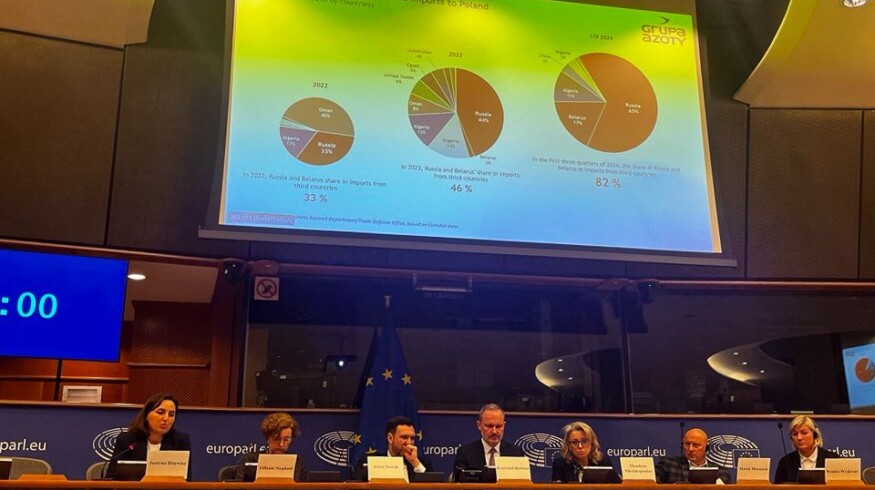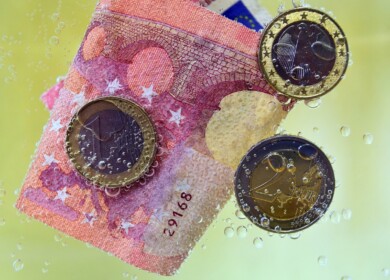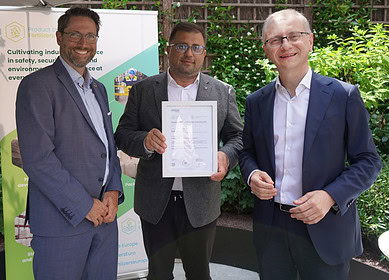Fertilizers Europe advocates for tariff barriers against Russian fertilizer imports to EU

A European association of fertilizer producers, Fertilizers Europe, has strongly endorsed initiatives by several EU member states to impose tariffs on Russian and Belarusian fertilizers. The group asserts that these measures are crucial to halting the financing of Russia’s ongoing conflict in Ukraine through fertilizer sales and maintaining the EU’s autonomy in food and fertilizer production. The group’s active agitation campaign includes social media ads and a landing page titled Stop Russian Fertilizers.
On November 21, 2024, during the EU Trade Council Meeting, Poland, Estonia, Latvia, and Lithuania urged the European Commission to address the increasing influx of fertilizers from Russia and Belarus. Concurrently, Sweden, alongside seven other EU nations (Denmark, Estonia, Finland, Ireland, Lithuania, Latvia, Poland), advocated for a Commission proposal to raise tariffs on imports from these countries, including fertilizers.
Antoine Hoxha, Director General of Fertilizers Europe, emphasized the urgency of the situation, noting a significant rise in dependency due to a 117% increase in Russian urea imports between 2020/21 and 2023/24. “The growing reliance on fertilizers from Russia not only jeopardizes Europe’s agricultural sovereignty but also our environmental objectives, given that EU-produced fertilizers are substantially less carbon-intensive,” Hoxha stated.
Hoxha further argued that imposing tariffs would sever a critical financial stream supporting Russia’s military efforts and mitigate risks associated with over-dependence on Russian imports, reminiscent of recent energy crises. This strategy aims to stabilize the EU fertilizer market and facilitate ongoing efforts toward greener production practices.
Fertilizers Europe is pressing the European Commission to propose tariffs that are stringent enough to practically cease the importation of fertilizers from Russia and Belarus into the EU. These measures would be confined to the EU, designed to avoid market disruption, and would not impact exports to third countries.
There is definite pressure on EU fertilizer producers from Russian imports, which are cheaper to produce due to the lower gas/energy prices and labor costs. At the same time, it is absolutely unclear how the ban on cheaper fertilizer imports, advocated by Fertilizers Europe, would affect EU farmers who are already suffering from growing expenses that are making their businesses unprofitable, and the association doesn’t provide the answer to that question in their communication materials.
Enjoyed this story?
Every Monday, our subscribers get their hands on a digest of the most trending agriculture news. You can join them too!
















Discussion0 comments